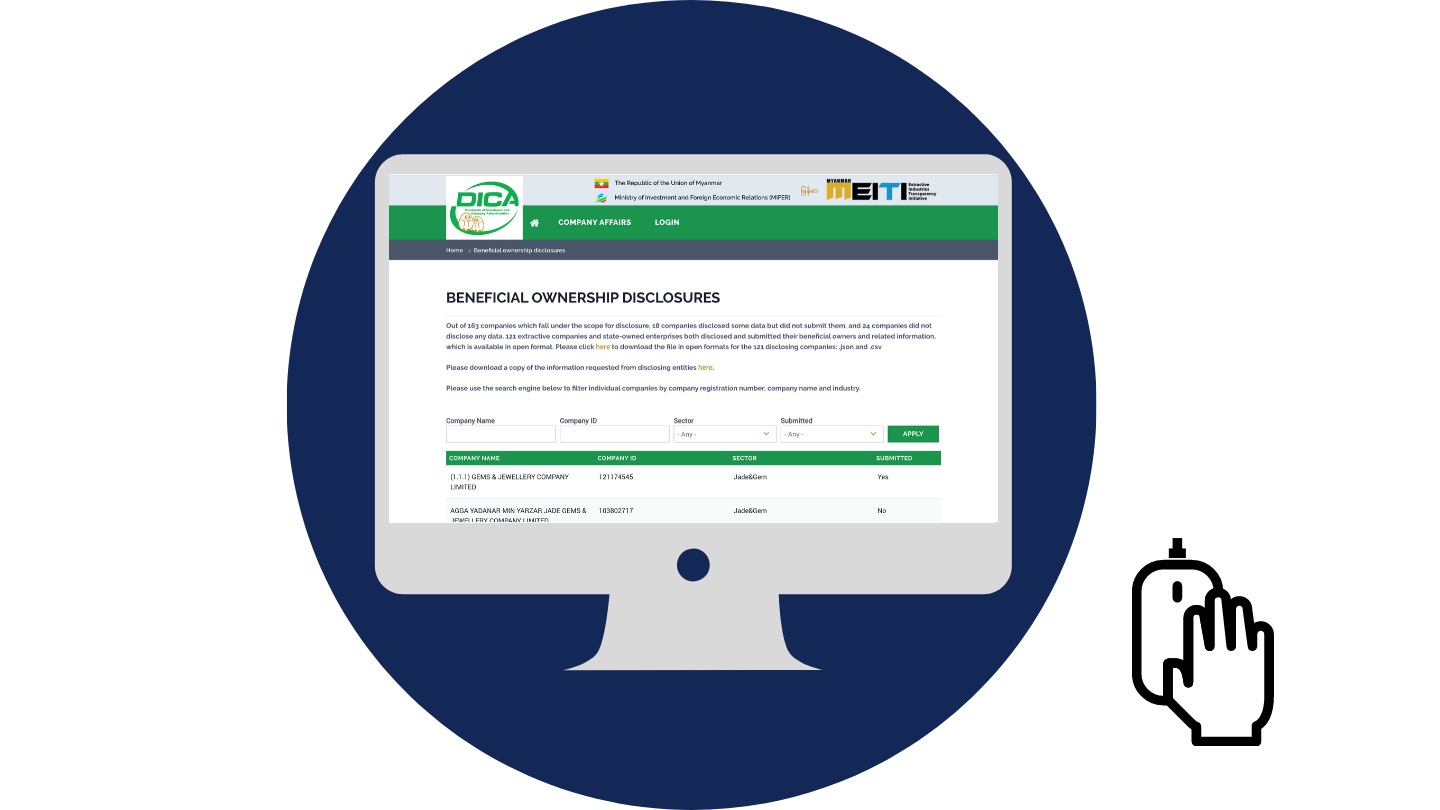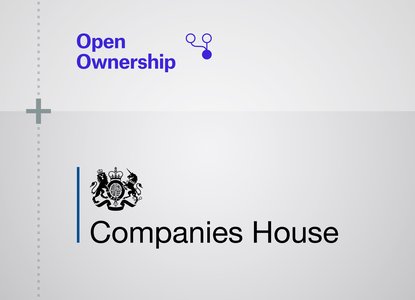Our initial assessment of Myanmar’s new beneficial ownership register

Myanmar EITI has recently launched their new beneficial ownership register of companies in the extractives sector. Hot on the heels of Nigeria at the end of 2019, the register covers the lucrative oil, gas and mining sectors in the nation. As with Nigeria, we were eager to take a look at both the register and its data to see what we could learn.
On the whole, our team was impressed by the scope of captured data, the quality of identifiers and the transparency into non-disclosure. The register is a thorough attempt to apply best practices to beneficial ownership transparency. Some of the register’s novel features include the declaration of indirect ownership and state-owned enterprises. We’re also pleased to see bulk data from the register, in both JSON and CSV form, which appears to be up to date and extensive.
Open Ownership has previously advised Myanmar EITI through our helpdesk and we’re aware that they’re planning a review of the register in the coming months. We commend this iterative and reflective approach to beneficial ownership transparency and look forward to seeing future improvements.
In particular, we’d like to see regular updates to the dataset and clear information about when those will be published. We would also like clarity around the legal rights to publish and access this data. Currently no license is mentioned, which makes re-use of the data difficult.
In this context, we’re especially concerned by the personal data collected, including what appear to be phone numbers and email addresses of beneficial owners. Privacy around this kind of data must be context-specific, but even in the absence of data protection laws expressly prohibiting it, we argue that publishers need to be proportionate and responsible in what they choose to publish. Striking the right balance between useful disclosure and protecting personal privacy is essential to build trust, and abusing privacy undermines the long-term sustainability of beneficial ownership transparency. We’ll be trying to uncover the reasoning behind the publishing decisions made in this instance.
We also note other analysis which points at challenges around verifying politically exposed person (PEP) data and the fact that there are potentially conflicting definitions of beneficial ownership and thresholds for disclosure in Myanmar. Our advice to countries is to consider harmonising definitions of beneficial ownership, particularly if there is the prospect of disclosures eventually taking place through a central register. Harmonisation has the advantage of simplicity and a reduction in compliance costs for companies. Here there is a strong risk-based case for different thresholds in different sectors, we emphasise the need for early consultation and awareness-raising amongst companies that will need to comply.
In the near future we intend to undertake a deeper analysis by mapping the structured data to our own Beneficial Ownership Data Standard (BODS). This will allow us to analyse the data statistically, check information like company numbers and personal identifiers in more detail, and help improve our own standard at the same time.


